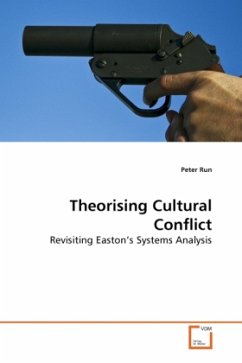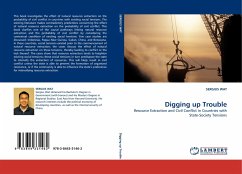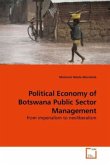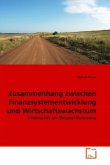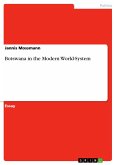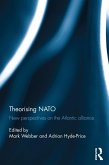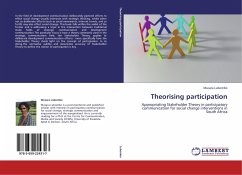Can systems analysis explain political life in India in the same way it does in the United States? Can cultural differences be aggregated like other aspects of political psychology? This book aims to theoretically explore how multinational states (political systems) are analysed in political science and point to a major shortcoming in the dominant systemic approach. Drawing chronologically on an extensive literature, the place of cultural values in socio-political theory is evaluated. This evaluation reveals that the subject matter socio-political analysts deal with the triangle of state, society and the individual has such dynamic characters as to require perpetual methodological innovation. For this reason and also because of the different nature of multinational states, which are they focus of this work, an eclectic theoretical approach was chosen to explore real political conditions of four multinational states Botswana, Burma, India and Sudan. Socio-political facts from these countries are then generalised to come up with a theoretical model that integrates cultural difference into political analysis.

